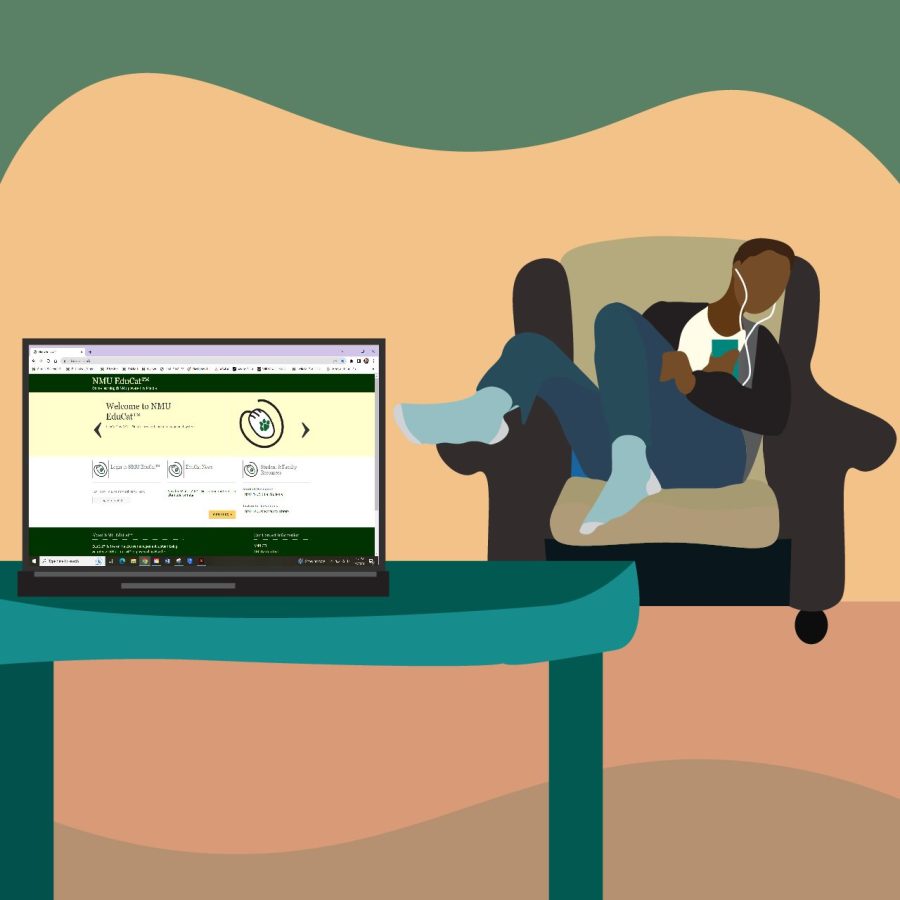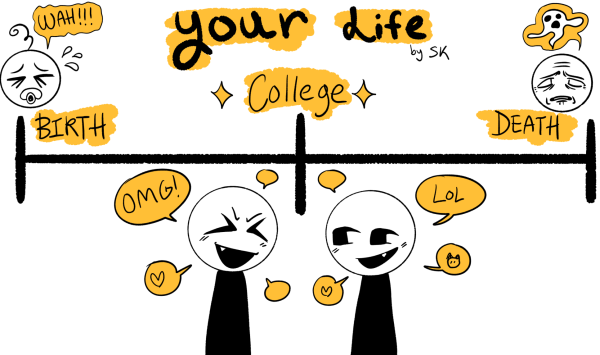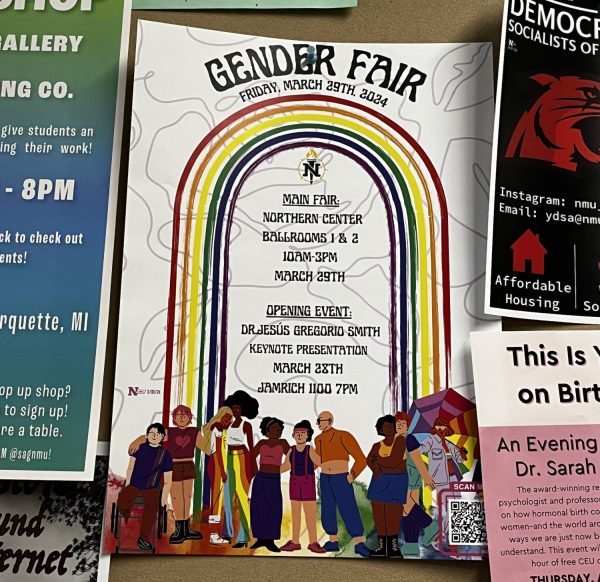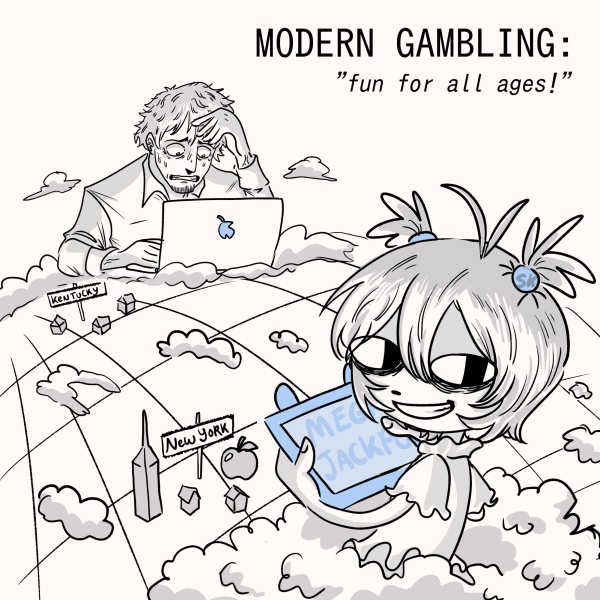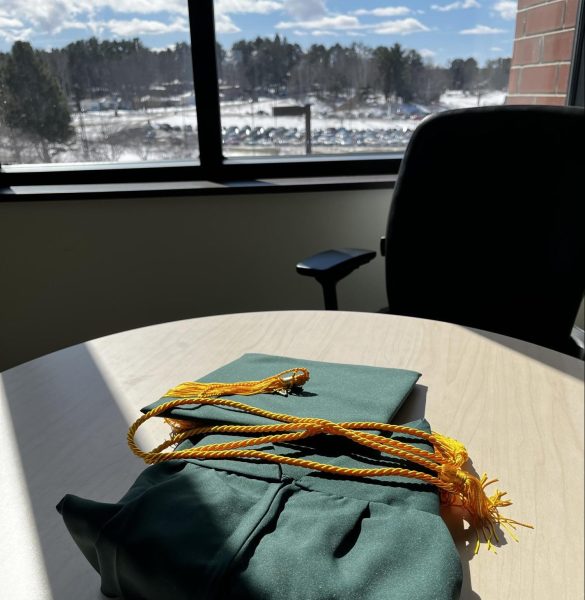Editorial — Procrastination: friend or foe?
The struggle of deciding where midterm preparation should rank on your to-do list
March 1, 2023
We have once again reached that point in the semester where you are likely trying to cram loads of information into your head and hope that it all remains there until it is needed: midterms.
As students, especially in higher education, we have heard all of the tips and tricks that apply to taking cumulative exams. From time management skills to on-campus tutoring, getting enough sleep to having friends test your knowledge, we know all of the steps that must be taken in order to excel based on our individual needs. However, there is one small issue that tends to plague the entirety of our educational experiences.
Procrastination.
We all procrastinate, and if someone tells you that they never procrastinate they are lying to you. Procrastination is a common and innate response to tasks, whether studying, working or doing chores. We do not procrastinate because we are bad students, or because we do not know how to properly manage our time. Instead, we procrastinate because we are human.
According to research conducted by Tim Pychyl, a former associate professor of psychology at Carleton University in Ottawa, Canada, our emotional response to a task is the reason behind our procrastination. When we exchange an hour of studying for a walk outdoors, our mind is defending itself from the negative mood that will likely result from opening a textbook — even though we know we will eventually have to face the dreaded moment of sitting down and actually getting work done.
While poor time management skills certainly contribute to poor studying habits, the real reason students often push aside studying for other activities is because the mere act of opening a textbook is often associated with negative feelings of anxiety, stress and frustration.
It makes sense, then, why we find ourselves rationalizing our procrastination.
In discussing our favorite things to do instead of studying, the North Wind Editorial Board developed a list of tasks that tend to take precedence over getting our work done. A common response was stress cleaning, or fervently organizing and decluttering your living space to reduce stress levels.
Why do we rationalize the act of cleaning and our prioritization of it over our exams?
Firstly, the act of stress cleaning produces a result that is appealing to our state of being. Now that we have a space that looks and feels clean, we believe we will be better able to enjoy our time spent studying — which is only partly true, but we tell ourselves that to feel better about ourselves.
The same can be said for stress baking. While you certainly do not need to bake two dozen Funfetti cupcakes for you and your roommates to enjoy, the act of baking is cathartic and helps you relax. And just like the end result of stress cleaning, stress baking leaves you with a product that brings you enjoyment, fulfillment and a sense of accomplishment.
But rather than fearing procrastination, why not use it to your advantage? Considering you are going to procrastinate studying, whether you want to or not, you might as well complete tasks that are meaningful to you in some way.
If you relax by journaling, reading or practicing creative hobbies, do it. If you are sorting out the final details of your spring break vacation and want to research the place you will be visiting, go for it. An hour spent doing so in between study sessions will not make or break your success, and your brain is begging for the serotonin that will result from doing so.
Therefore, the key to successfully overcoming procrastination is to find balance, both with your time and with the chemicals in your brain.
Now, we are by no means suggesting that you should do everything besides studying for your midterms. Instead, we are encouraging you to accept the fact that procrastination is inevitable, and you must learn how to strike a healthy school-life balance during this time so you do not become too overwhelmed.
Editor’s Note: The North Wind is committed to offering a free and open public forum of ideas, publishing a wide range of viewpoints to accurately represent the NMU student body. This is an editorial, written by the North Wind Editorial Board in its entirety. It reflects the majority views of the individuals who make up the editorial staff of the North Wind. It is the policy of the Editorial Board not to endorse candidates for any political office, in order to avoid aligning this public forum with particular political organizations.





















